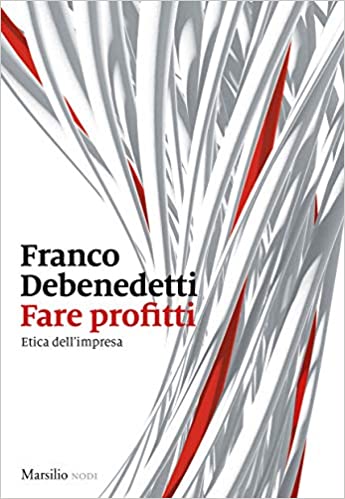
By Franco Debenedetti and C.A.Carnevale Maffè
Sir, The deal for helping Italian banks sell off the huge stock of troubled loans satisfies Brussels, because it is not state aid, and therefore is, as you say, at best a half-baked solution. Instead of the “Italian job”, as Martin Sandbu has described it (Free Lunch, FT.com, January 27), we have proposed the “Great Swap”.
The amount of distressed loans in the balance sheets of Italian banks was €350bn at the end of 2014, likely to have increased by 10 per cent at the end of 2015, €200bn of which are bad loans, written-down on average by 58.7 per cent of their nominal value. First an average value should be defined for the writedown to align book value with market value. Ensuing losses should be covered by raising equity, and, if this didn’t cover the whole amount, by converting subordinated bonds into equity (and, if necessary, also some of the ordinary bonds). The €70bn of subordinated bonds (out of a total of €367bn) should cover the writedown to a more realistic value, close to 20 per cent, or within the range applied for the resolution of four small banks in November. The swap should be part of individual recovery plans to be agreed upon with the National Resolution Authority and approved by banks’ shareholders, including specific provisions to ensure appropriate incentives for long-term investors.
The proposal is fair to subordinated bondholders, their bonds being already considered akin to capital; also ordinary bondholders risk capital losses, in case of resolution: they could be offered options to convert their securities into equity at attractive conditions. It would be useful for banks to buy time and sell their bad assets — most of which are indeed covered by guarantees — more advantageously, thus avoiding a fire sale. Obviously current stockholders will be diluted. Some may not like it, notably bank foundations.
ARTICOLI CORRELATI
Free Lunch: The Italian job
di Martin Sandbu – Financial Times, 27 Gennaio 2016







febbraio 22, 2016